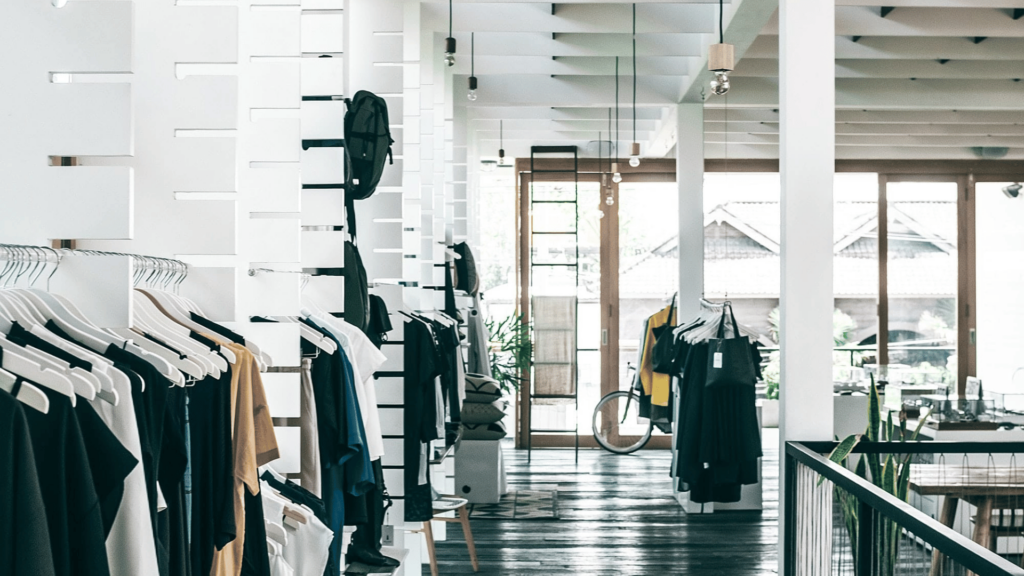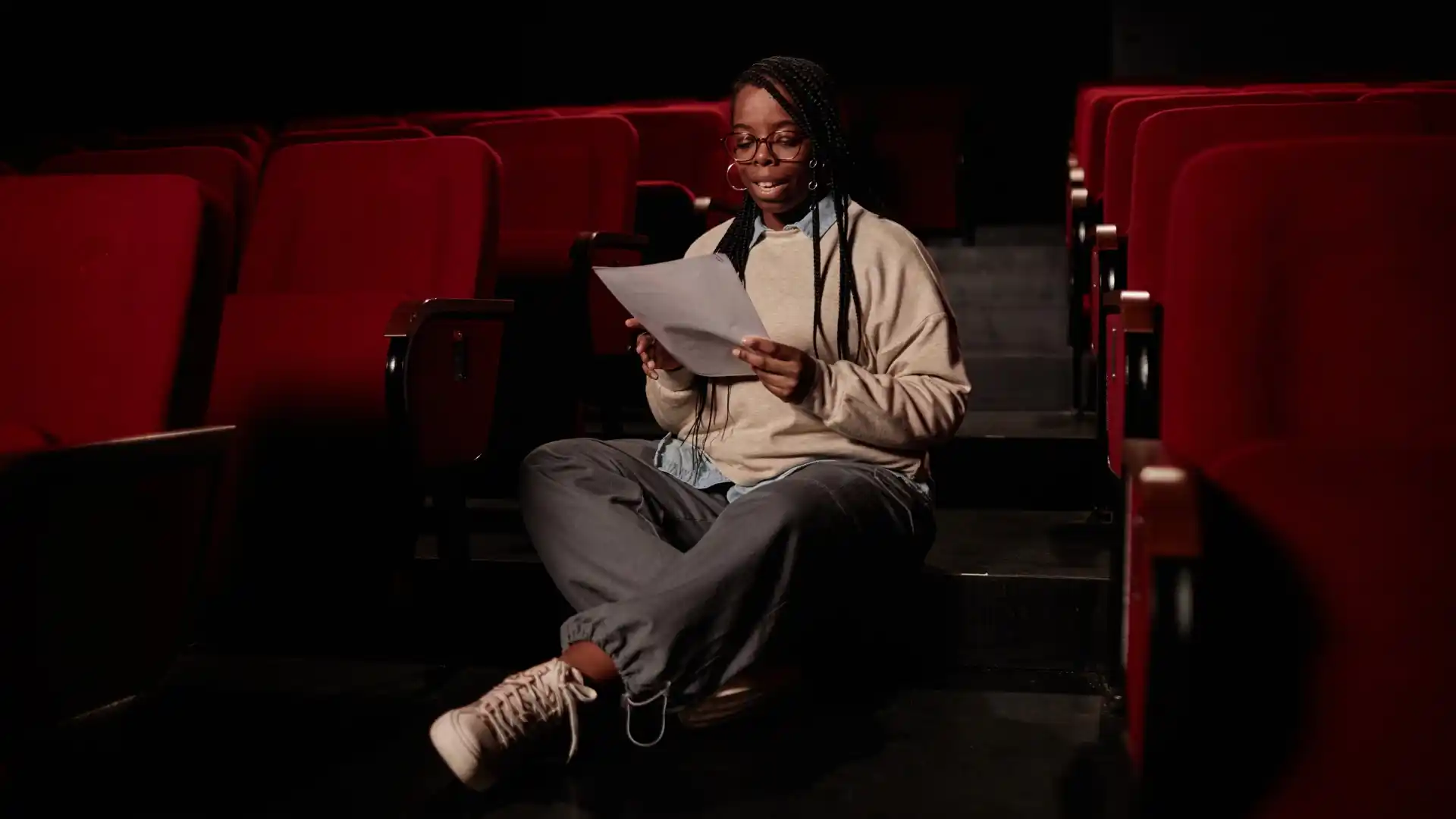The fashion industry is a dynamic and fast-paced world that offers a wide range of career opportunities for individuals passionate about style, creativity, and innovation. From design and marketing to merchandising and retail, numerous roles within fashion brands cater to diverse skill sets and interests. If you’re looking to pursue a career in the fashion industry, exploring different job options within fashion brands can help you find a path that aligns with your goals and aspirations.
1. Fashion Designer
Fashion designers are at the forefront of creating innovative and trendsetting clothing and accessory collections for fashion brands. They conceptualize designs, sketch out ideas, select fabrics, and oversee the production process to bring their creations to life. Fashion designers need a keen eye for detail, creativity, and a deep understanding of fashion trends to succeed in this role.
2. Fashion Buyer
Fashion buyers are responsible for curating the merchandise assortment for fashion brands based on consumer trends, sales data, and market analysis. They work closely with suppliers, negotiate contracts, and make purchasing decisions to ensure that the brand’s product offerings align with customer preferences. Fashion buyers need strong analytical skills, a good eye for trends, and negotiation expertise to excel in this role.
3. Marketing Manager
Marketing managers play a crucial role in shaping the brand image and promoting products to target audiences. They develop marketing strategies, oversee advertising campaigns, and analyze market trends to drive brand awareness and sales. Marketing managers need strong communication skills, creativity, and a solid understanding of consumer behavior to market fashion brands in a competitive industry effectively.
4. Merchandising Planner
Merchandising planners are responsible for planning and optimizing product assortments to maximize sales and profitability for fashion brands. They analyze sales data, monitor inventory levels, and collaborate with cross-functional teams to ensure that the right products are available at the right time and place. Merchandising planners require strong analytical skills, strategic thinking, and a profound understanding of market dynamics to excel in this role.
5. Fashion Stylist
Fashion stylists work with fashion brands to create visually appealing and on-trend looks for editorial shoots, fashion shows, and marketing campaigns. They select clothing and accessories, coordinate outfits, and style models to showcase the brand’s products in the best light. Fashion stylists need a strong sense of style, attention to detail, and the ability to work creatively under pressure to excel in this role.
6. Retail Store Manager
Retail store managers oversee the day-to-day operations of fashion brand stores, ensuring smooth functioning, excellent customer service, and optimal sales performance. They manage staff, monitor inventory, and implement sales strategies to drive store profitability and customer satisfaction. Retail store managers need strong leadership skills, retail management experience, and a customer-centric approach to succeed in this role.
7. E-Commerce Manager
E-commerce managers are responsible for managing online sales channels for fashion brands, including websites, social media platforms, and online marketplaces. They oversee website development, digital marketing campaigns, and customer engagement strategies to drive online sales and brand visibility. E-commerce managers need strong digital marketing skills, technical expertise, and a deep understanding of e-commerce trends to succeed in this role.
8. Fashion Public Relations (PR) Specialist
Fashion PR specialists manage the public image and reputation of fashion brands through strategic communication and media relations. They develop PR campaigns, pitch stories to media outlets, and organize events to generate positive publicity and brand awareness. Fashion PR specialists need excellent communication skills, media contacts, and crisis management abilities to navigate the fast-paced world of fashion PR.
9. Textile Designer
Textile designers create patterns and designs for fabrics used in fashion collections, accessories, and home furnishings. They experiment with colors, textures, and techniques to develop unique textile designs that reflect the brand’s aesthetic and vision. Textile designers need a strong artistic flair, technical skills, and a good understanding of textile production processes to succeed in this creative role.
10. Fashion Photographer
Fashion photographers capture striking images of fashion products, models, and campaigns for fashion brands. They work closely with stylists, models, and creative teams to create visually appealing and engaging visual content that compellingly showcases the brand’s products. Fashion photographers need technical skills, creativity, and an eye for detail to produce high-quality fashion imagery that resonates with target audiences.
Conclusion
These top 10 jobs in the fashion industry represent a diverse range of career opportunities within fashion brands that cater to different skill sets and passions. Whether you’re interested in design, marketing, merchandising, styling, or photography, there are numerous paths to explore in the dynamic world of fashion.
By honing your skills, gaining relevant experience, and staying updated on industry trends, you can carve out a successful career in the fashion industry and contribute to the growth and success of fashion brands.
Key Takeaways:
- The fashion industry offers diverse career paths across design, marketing, retail, and digital platforms, catering to a wide range of skills and passions.
- Fashion designers and textile designers drive creativity, shaping trends and aesthetics through innovative design work.
- Buyers, merchandisers, and marketing managers play strategic roles, analyzing market data and consumer behavior to boost brand success.
- Stylists, photographers, and PR specialists handle creative storytelling and visual branding, helping fashion labels connect with audiences.
- Retail and e-commerce managers focus on customer experience, sales performance, and online engagement to strengthen brand presence.
- Success in fashion requires a mix of creativity, business acumen, and adaptability to fast-changing trends and technologies.
- Continuous learning, networking, and industry awareness are key to building and sustaining a long-term fashion career.
Consider enhancing your knowledge and skills further by enrolling in the Parsons Fashion Industry Essentials online course and certificate program to elevate your fashion career to new heights.








